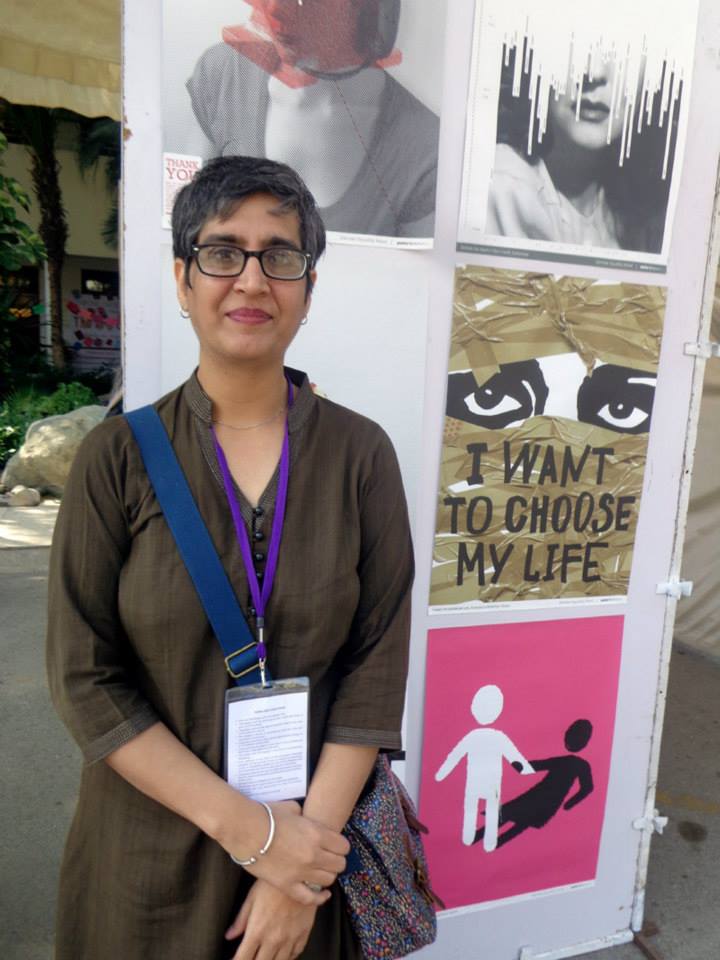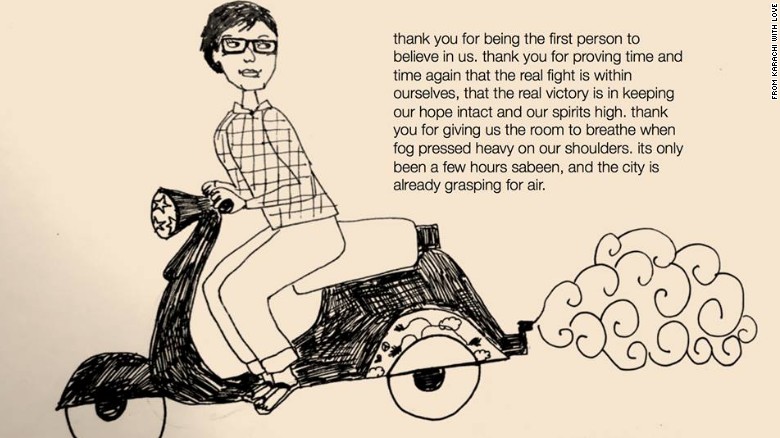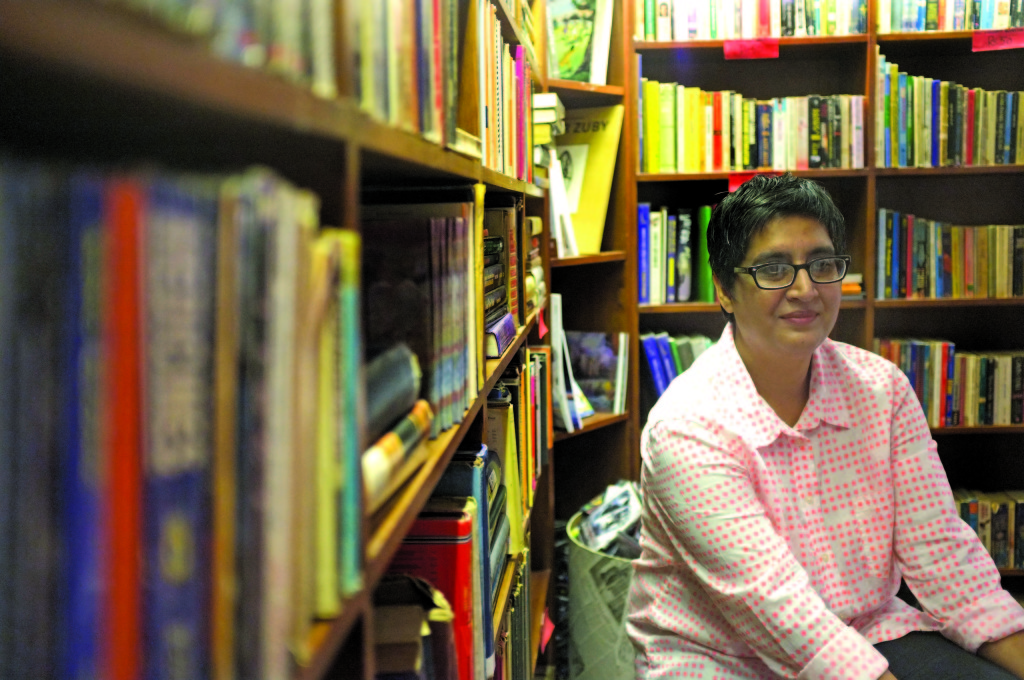“Things are dangerous and bad things happen. But you can’t let fear control you, you’ll never get anything done.”
For peaceful activists worldwide, following these words has become more difficult, yet the targeted killing of the woman who spoke them, Sabeen Mahmud, has served to make their urgency more clear.
Sabeen Mahmud, who was killed on her way home from a seminar for free and peaceful speech on Friday night, was a native of Pakistan’s largest province Balochistan, the violent region straddling the country’s border with Iran. It was in her home city of Karachi, the province’s capital, that she dedicated her life to fostering peaceful discussion on tackling the problems of her country. These tasks were undertaken at The Second Floor (T2F), Sabeen’s café, bookstore, and cultural located in the city’s downtown.
On Friday, Sabeen had hosted “Unsilencing Balochistan (Take 2),” a panel focusing on the disappearances of many people in Balochistan resulting from the ongoing violent conflict between the government and nationalist groups.
She posted this photo of the panel to Instagram, only hours before her death.
After the panel, while closing The Second Floor, Sabeen Mahmud was shot at least five times at point blank range and killed, Pakistani newspaper The Dawn reports. Her mother was also being held in critical condition, but her condition has since stabilized.
It is common in Pakistan for middle- and upper-class establishments to have armed guards at the doors, something which Sabeen consistently denied for The Second Floor. “That’s the price you pay for having a public space,” she said to Wired in 2013. “I’m not having people checked and a military guy there because of a pervasive fear.”

Sabeen Mahmud, self-described “Post Modern Flower Child, Unabashed Mac Snob, Pink Floyd & Bruce Springsteen Devotee, Tetris Addict, West Wing & House MD Fanatic,” worked to provide voice to the voiceless in Pakistan.
Sabeen’s commitment to open, free discussion of issues directly and consistently refused submission to an environment defined by fear. She had received death threats for years, never ceasing in her commitment to providing an outlet for Pakistanis to engage their community and country for the better.
“Being political is really about being involved in public life, in developing political will. And activism has to be about action,” she said following Pakistan’s first hack-a-thon, hosted by T2F in 2013, in which competitors worked to develop technological solutions to the country’s issues.
Reactions to Sabeen’s death poured in immediately from around the world, as #RIPSabeen trended on Twitter in Pakistan, in a mixture of shock and support.
ILF Day 2: We are defiant writers/poets/artists #SabeenMahmud pic.twitter.com/qxUPnAaXUb — Desi Writers’ Lounge (@desi_writers) April 25, 2015
They’ll bring #Sabeen to T2F at 3:30 pm today for a last goodbye. Please go. You’ll never meet a finer human being again. #Karachi — Nuzhat S. Siddiqi (@guldaar) April 25, 2015

via From Karachi, With Love (tumblr.)
While Sabeen’s death has been a shock to Pakistan’s activists much in the same way that attacks in Paris and Copenhagen have shocked the West, it has been met by the activist communities in Pakistan and throughout the world with a combination of grief, solemnity and defiance. And while the country has paused to remember her life, there is no doubt that the work she began will be carried on with the same fearlessness by the countless numbers who have been affected by her.
As the world becomes more hostile and dangerous place for free expression, a post shared by Sabeen at a memorial for the 150 victims of the December Peshawar school attack carries a message whose importance is even more apparent today.
We stand with activists in Pakistan and across the world in grieving this terrible loss of Sabeen Mahmud, and celebrating, remembering, and being so deeply thankful for her and her life’s work.

